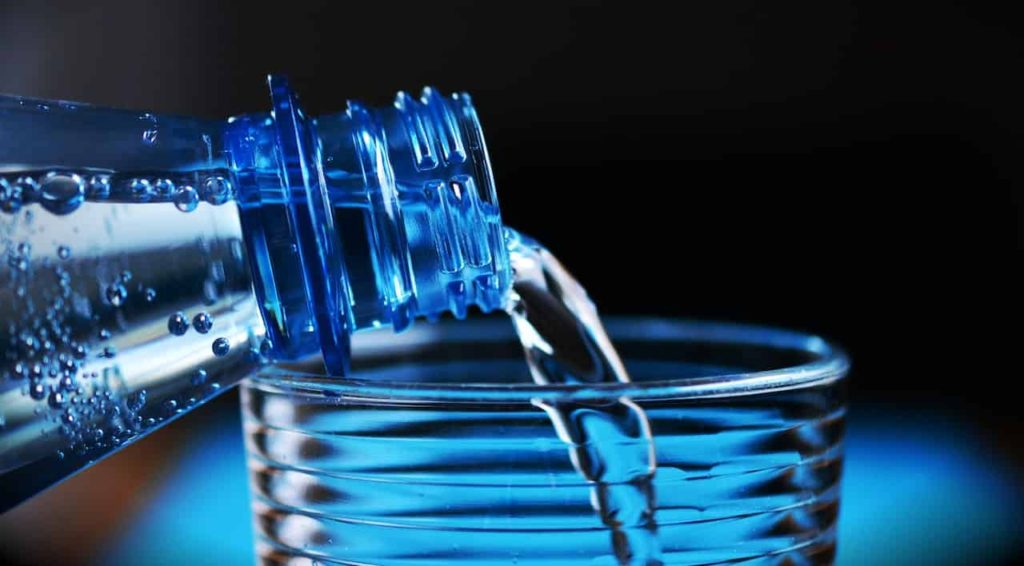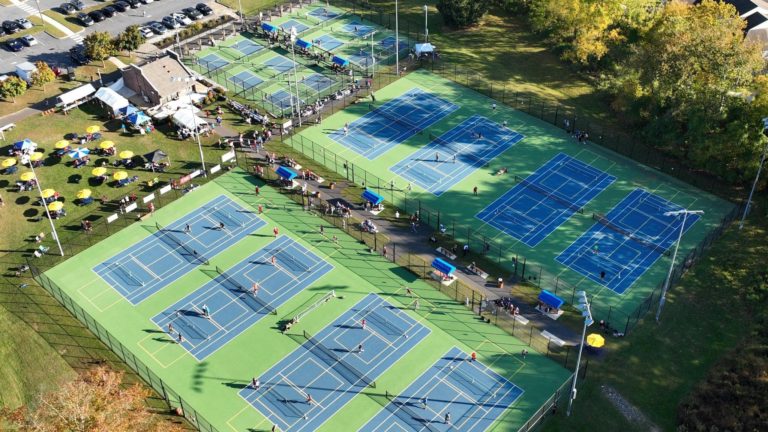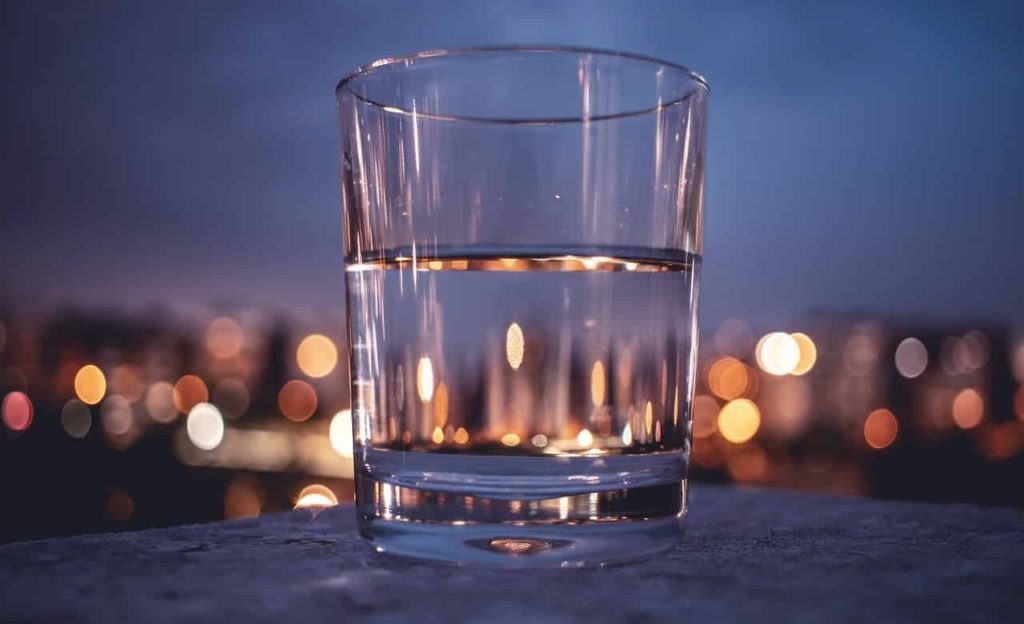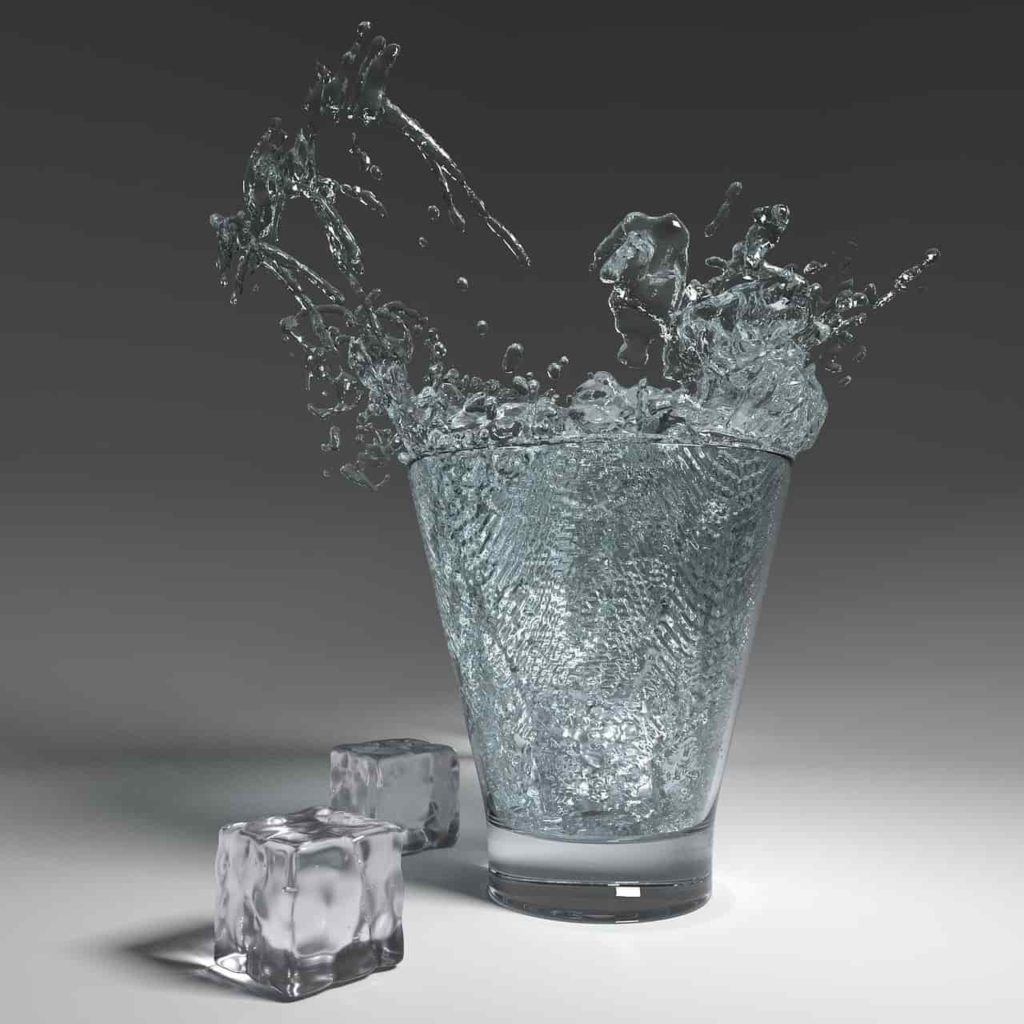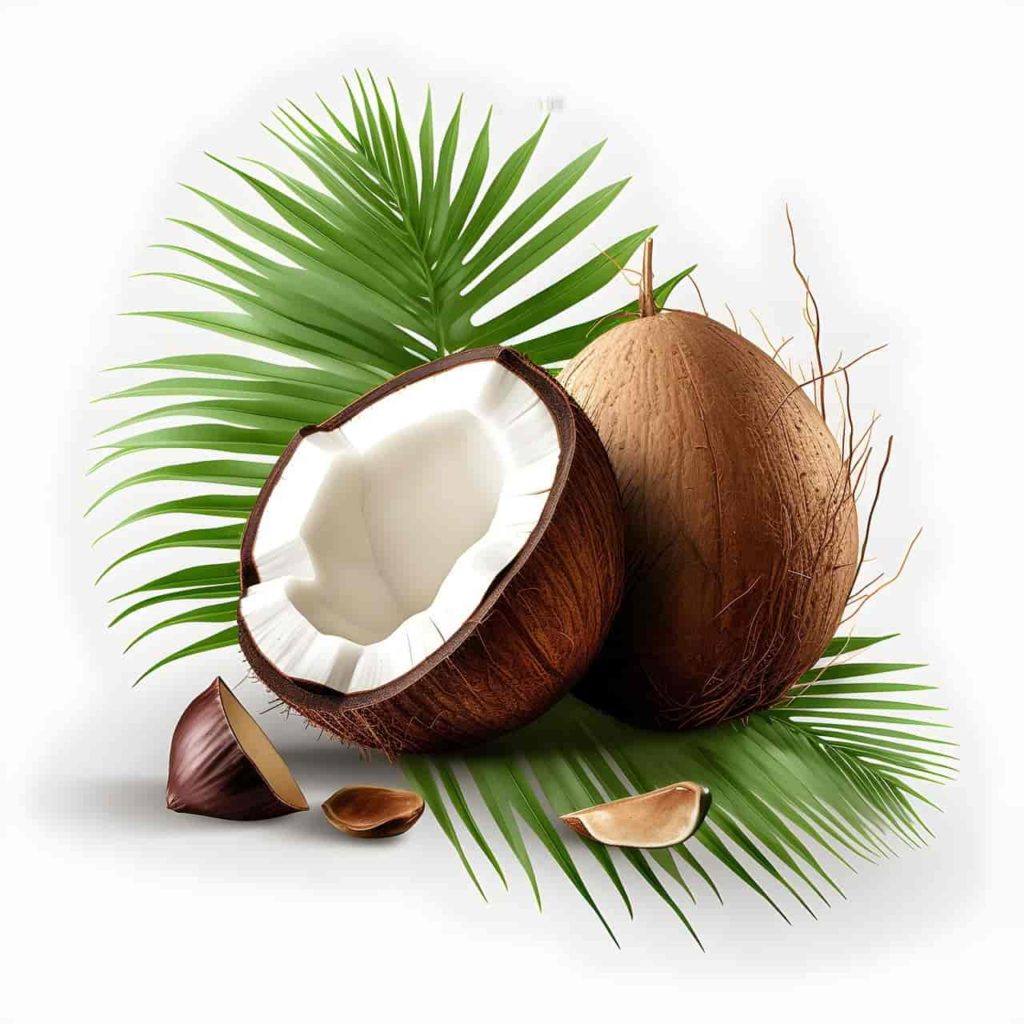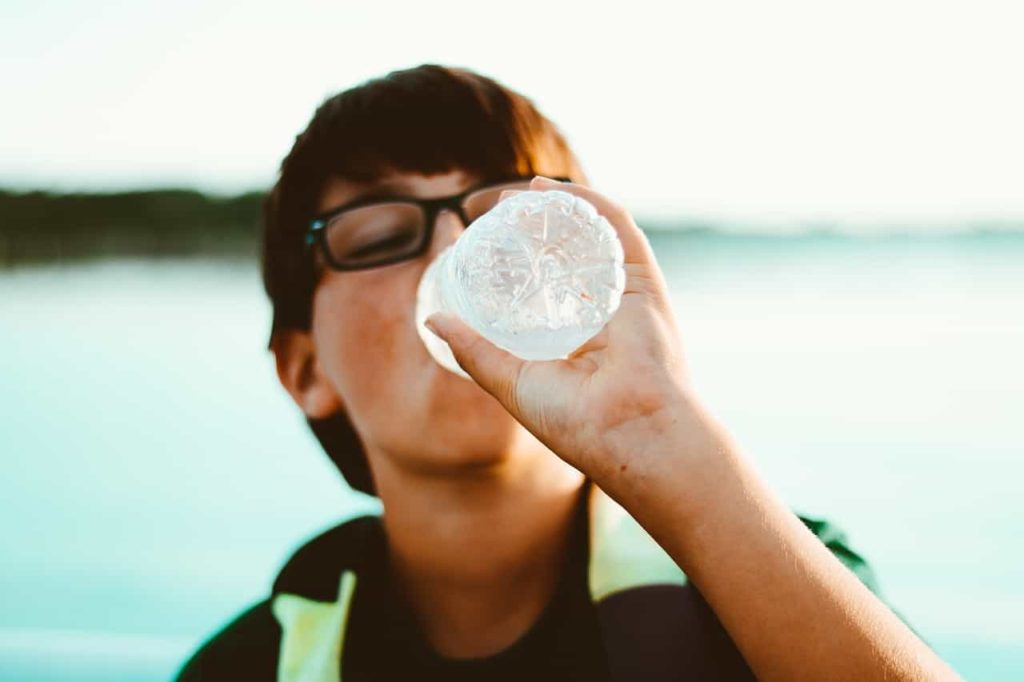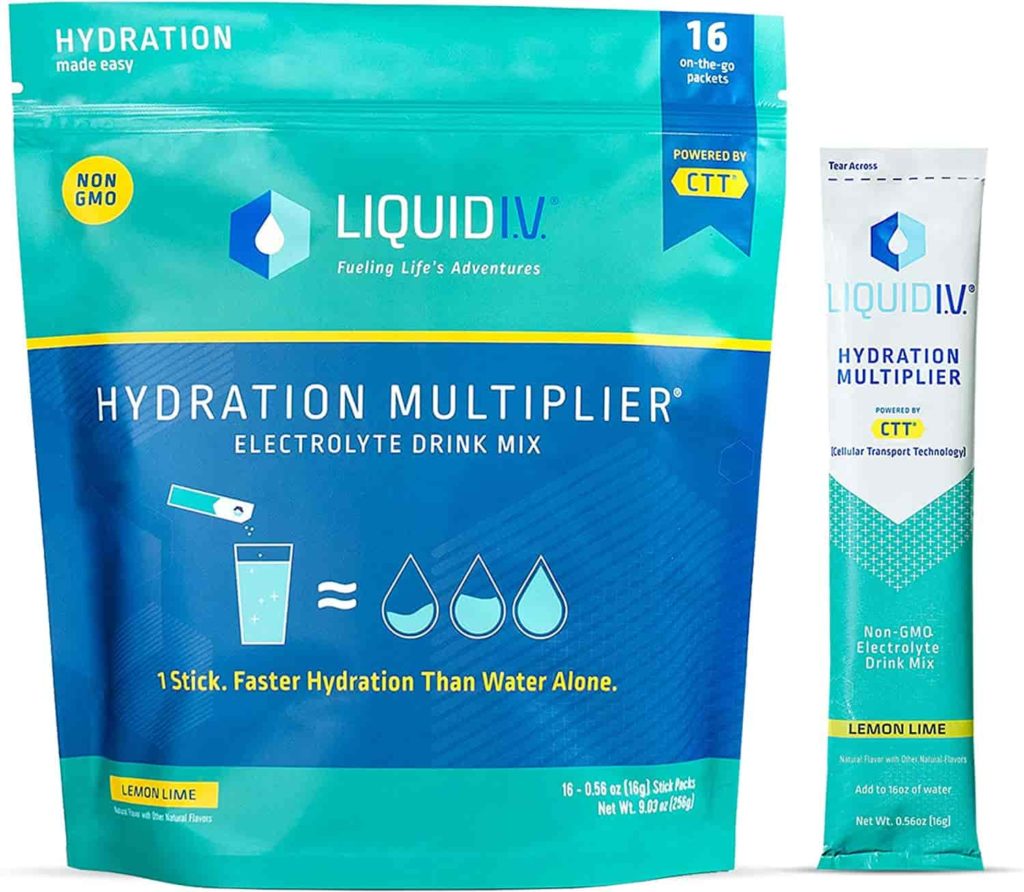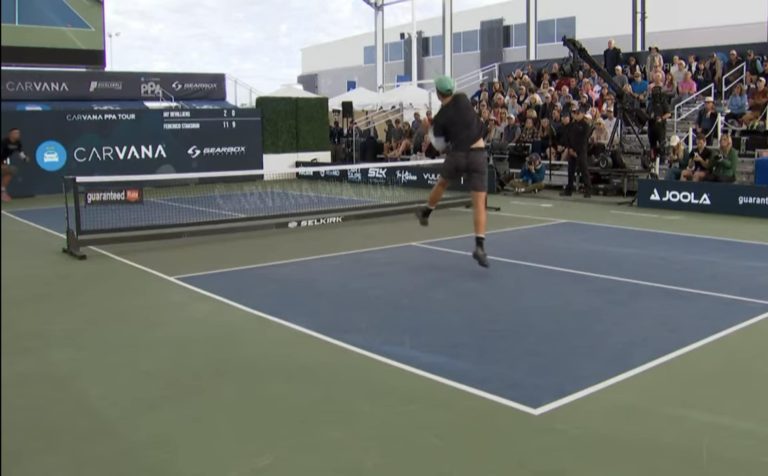Introduction
Staying hydrated is crucial for any athlete, but it’s especially important in sports that require high levels of physical activity. Whether you’re an elite athlete or a recreational player, maintaining proper hydration can help you perform at your best and reduce your risk of injury.
One such sport where hydration is critical is pickleball. A relatively new sport, pickleball combines elements of tennis and other racquet sports and is played on a smaller court with a lower net.
Despite its size, pickleball can still be demanding on the body due to its fast-paced nature and frequent starts and stops. This article will explore the importance of hydration in sports, provide an overview of the physical demands of pickleball, and offer strategies for staying properly hydrated during play to improve performance and prevent injuries.
The Importance of Hydration in Sports
Hydration plays a crucial role in overall health as well as athletic performance. Water makes up about 60% of our body weight and helps regulate body temperature, transport nutrients to cells, remove waste from the body and lubricate joints. For athletes participating in high-intensity sports like pickleball, proper hydration becomes even more important.
Dehydration can cause fatigue, dizziness, muscle cramps, headaches or even heat exhaustion which could be detrimental to their performance. Furthermore, dehydration increases the risk of injury as it affects joint lubrication leading to stiff joints which are more prone to injury.
It also affects muscle function leading to slower reaction time or impaired movement coordination. Thus dehydration can negatively impact both physical performance as well as recovery from injuries.
Brief Overview of Pickleball's Physical Demands
Although it may seem like a leisurely game played by older adults in retirement communities (which is actually how it started!) Pickleball requires significant physical exertion due to its quick movements requiring agility, balance, strength and endurance. The game is played on a smaller court compared to other racquet sports, but the court is still large enough to necessitate players to move quickly and cover a lot of ground. Players must be quick on their feet and have good reflexes as they volley the ball back and forth across the net.
Pickleball has been shown to burn up to 600 calories per hour, which places demands on players’ cardiovascular and muscular systems. Despite its low-impact nature, the sport can also cause stresses in joints such as knees, hips, ankles or shoulders due to repetitive movements.
The Science of Hydration
How Dehydration Affects the Body During Exercise
Dehydration occurs when the body loses more fluids than it takes in, leading to a negative impact on athletic performance. When a player is dehydrated, their blood volume decreases, which makes the heart work harder to pump blood throughout the body. This can result in increased heart rate, decreased blood pressure, and fatigue.
Dehydration also reduces muscle endurance and strength and can lead to cramps, headaches, dizziness, and nausea. During exercise or pickleball games in this case, players lose fluids through sweating.
The amount of sweat depends on several factors such as temperature, humidity, intensity of exercise and individual variability. According to research studies by the American College of Sports Medicine (ACSM), athletes can lose between 0.8-1 L of sweat per hour during moderate exercise conditions.
Recommended Daily Water Intake for Athletes
The American Council on Exercise (ACE) recommends that athletes should consume at least 17-20 ounces of water two hours before exercising or playing pickleball. During play or exercise sessions that last less than an hour, drinking water is sufficient for rehydration purposes.
However, for longer duration sessions lasting more than an hour where players are sweating a lot more hydration drinks like sports drink may be necessary. To stay hydrated throughout the day players should make it a habit to drink water regularly throughout the day not just during physical activity/routines but also when they aren’t playing pickleball.
Electrolytes and Their Role in Hydration
Electrolytes are minerals found in the bloodstreams such as sodium chloride (salt), calcium chloride , magnesium chlorides , potassium citrate etc which helps regulate fluid balance both inside cells (intracellular) & outside cells (extracellular). They do so by attracting fluids across cell membrane barriers. Electrolytes contribute to muscle contraction and relaxation, heartbeat regulation, and nerve function.
When players sweat they lose electrolytes which also need to be replaced along with water. This is where hydration drinks like sports drinks play a role since they contain electrolytes such as sodium, chloride, calcium, and magnesium that help to replace the lost electrolytes from sweat.
Hydration Strategies for Pickleball Players
Pre-Game Hydration Routine
Preparing your body for physical activity by hydrating well in advance of playing pickleball is essential to avoid dehydration during the game. The day before, increase your water and electrolyte intake to help your body replenish any lost fluids. Drink at least 8-16 ounces of water a few hours before the game.
To determine whether you are well-hydrated, check your urine color; it should be clear or pale yellow. Another effective pre-game hydration strategy is to consume high-water content foods such as watermelon or cucumber, which can help you stay hydrated naturally.
Avoid drinking alcohol or caffeinated beverages that may cause dehydration. Do not forget to bring a bottle of water with you on the court and take regular sips while warming up.
During-Game Hydration Tips
When playing pickleball, it’s important to drink fluids regularly to prevent dehydration and maintain optimal performance. Drink small amounts of water frequently throughout the game, rather than taking in large volumes at once. Sipping fluids between games or during timeouts should keep you properly hydrated without causing discomfort while playing.
If you prefer flavored drinks over plain water, sports drinks containing electrolytes can be an excellent choice because they replace sodium and other minerals lost through sweat during exercise. Be cautious about consuming energy drinks because they contain high caffeine levels that can lead to dehydration.
If possible, aim for shaded areas or rest between games to cool down and reduce sweating rates in hot conditions. Wear breathable clothing that helps wick sweat away from your skin for added comfort.
Post-Game Rehydration Techniques
Replenishing fluids after play is critical in preventing dehydration-related injuries such as cramping or heat exhaustion. Within 30 minutes after playing pickleball, consume up to 24 ounces of fluids to compensate for your sweat losses. If you feel thirsty, it’s a sign that your body is already dehydrated.
While water is the most effective way to rehydrate, sports drinks containing electrolytes can also help restore lost minerals and other nutrients. Avoid alcoholic drinks or caffeine as they can cause dehydration, which could lead to injury.
Staying hydrated before, during and after pickleball games is crucial in maintaining optimal performance and preventing dehydration-related injuries. By following these pre-game hydration routines, during-game hydration tips, and post-game rehydration techniques, you will be able to enjoy playing pickleball at your best while staying healthy.
Best Drinks for Pickleball Players
Staying hydrated is essential for any athlete who wants to perform at their best. When it comes to pickleball, choosing the right drink can make all the difference. Here are three of the best drinks for pickleball players:
Water
The most important drink for any athlete is water. Water is essential for hydration and helps regulate body temperature, which is especially important during hot summer months when playing pickleball outside can be physically demanding. Drinking water before, during, and after a game helps replenish fluids lost through sweat.
It’s recommended that athletes drink at least 17-20 ounces of water two to three hours before exercise and then an additional 7-10 ounces every 10-20 minutes during exercise. After exercising, athletes should continue drinking water to replenish fluids lost during physical activity.
Sports Drinks
Sports drinks are another great option for pickleball players. Sports drinks contain electrolytes like sodium and potassium that are lost through sweat during exercise and need to be replaced. Electrolytes help regulate the body’s fluid balance, which is crucial in hot weather when sweating increases.
In addition to electrolytes, sports drinks often contain carbohydrates in the form of sugars or glucose, which provide energy during strenuous activity like playing pickleball. However, it’s important not to overdo it with sports drinks as they can be high in sugar and calories.
Coconut Water
Coconut water has become increasingly popular among athletes as a natural alternative to sports drinks. Coconut water contains natural electrolytes like potassium and magnesium that help keep the body hydrated.
In addition to its hydrating properties, coconut water is also low in calories and sugar compared to traditional sports drinks. It’s important to note that while coconut water is a great natural alternative to sports drinks, it may not provide enough carbohydrates for athletes who need an additional energy source during strenuous activity like pickleball.
Overall, staying hydrated is crucial for pickleball players who want to perform at their best. Drinking water, sports drinks, and coconut water are all great options to help replenish fluids lost through sweating and keep the body hydrated during physical activity.
Hydration Accessories for Pickleball Players
As a pickleball player, staying hydrated is crucial to maintain your performance and prevent injuries. However, carrying a water bottle around the court may be a hassle, and finding a reliable source of clean drinking water while on the go may not always be possible. Fortunately, there are various hydration accessories designed specifically for pickleball players that can help make staying hydrated more convenient and efficient.
Water Bottles with Built-in Filters
One of the most practical hydration accessories for pickleball players is a water bottle with a built-in filter. This type of water bottle allows you to fill up from any tap or outdoor source of water without worrying about contaminants affecting your health.
The filter ensures that the water you drink is safe and clean, even if it comes from less-than-ideal sources. Built-in filter water bottles come in various sizes, shapes, materials, and prices.
Some models feature double-wall insulation to keep your drink cold for several hours. Others have flip-top or straw-style lids that allow you to sip on the go without having to unscrew the cap every time.
Backpacks with Hydration Bladders
If you prefer not carrying anything in your hands during play or want to bring more than just a water bottle with you on the court, consider investing in a backpack with a hydration bladder. These backpacks feature an internal reservoir that can hold up to two liters of liquid and connects to an insulated tube with a bite valve that lets you drink without stopping your game.
The backpack also has several pockets and compartments where you can store your paddles, balls, towels, snacks, phone, keys, sunscreen and other essentials. Some models even have ventilated back panels and padded shoulder straps for maximum comfort during extended wear.
Electrolyte Tablets or Powders
Plain water may not always be enough to replenish the electrolytes lost through sweat during intense pickleball games. Electrolytes are essential minerals such as sodium, potassium, magnesium, and calcium that help regulate your body’s fluid balance, muscle function, and nerve impulses. Without proper electrolyte levels, you may experience cramps, fatigue, dizziness or nausea.
To avoid these symptoms and optimize your hydration level during pickleball matches, consider adding electrolyte tablets or powders to your water bottle or hydration bladder. These products are easy to use and come in various flavors and formulations to suit different preferences and needs.
However, be aware that too much electrolyte supplementation can also be harmful to your health. Follow the recommended dosage on the label of each product and consult with a healthcare professional if you have any medical conditions or take medications that affect your electrolyte balance.
Conclusion
Stay Hydrated to Stay Competitive on the Pickleball Court
Staying hydrated is one of the most important things you can do to improve your performance and prevent injuries while playing pickleball. As we have seen, dehydration can cause a number of negative effects on your body, from muscle cramps and fatigue to dizziness and even heat stroke. However, with just a few simple strategies and some well-chosen drinks and accessories, you can stay hydrated throughout your game and enjoy all the benefits that come with it.
Key Points on Staying Hydrated While Playing Pickleball
Hydration is important for any sport or physical activity, but especially for pickleball players who need to move quickly around the court.
Dehydration can cause a range of negative symptoms that can impact not only your performance but also your health.
To stay hydrated during play, it’s important to have a pre-game hydration routine as well as during-game hydration tips such as drinking water or sports drinks every 15 minutes.
After playing pickleball, rehydration techniques are crucial for preventing muscle soreness and other symptoms caused by dehydration.
Maintaining Proper Hydration Improves Performance
By now you should understand how crucial proper hydration is for staying competitive on the pickleball court. When you’re properly hydrated, you’ll be able to move more easily around the court without getting fatigued or experiencing cramps. You’ll also be less likely to suffer from heat stroke or other injuries caused by dehydration.
So remember: drink plenty of water before, during, and after your game; consider adding electrolytes in various forms like sports drinks or tablets; bring along accessories like water bottles with built-in filters or backpacks with hydration bladders, and stay cool with a towel or headband. By doing so, you’ll be in a much better position to enjoy the game and compete at your best!

